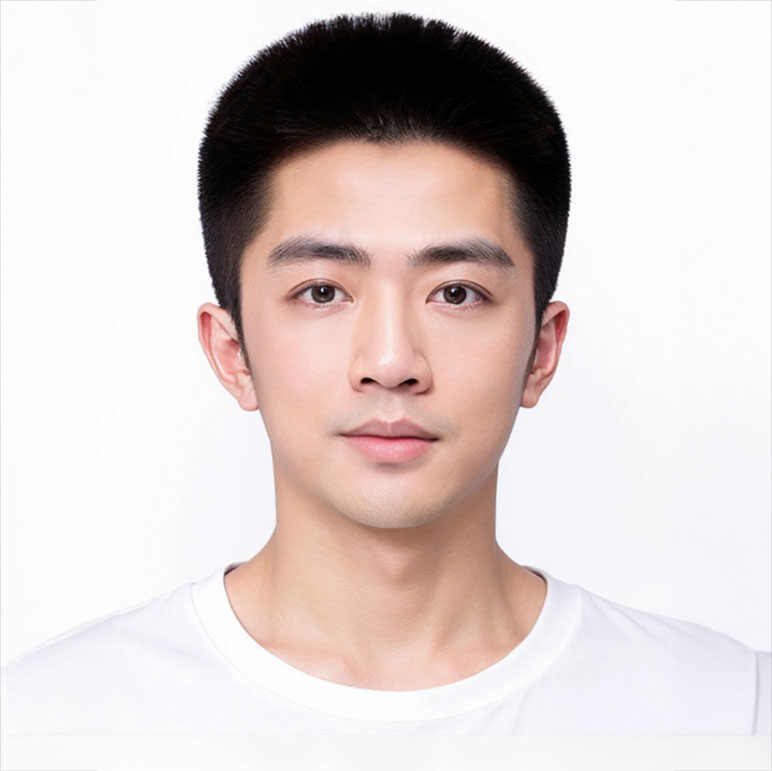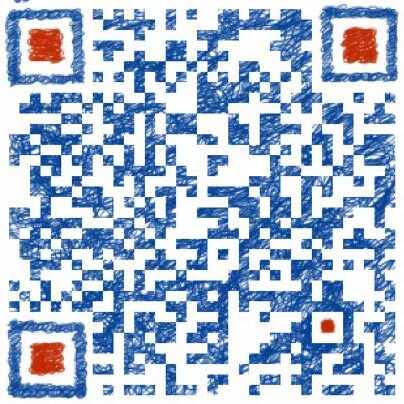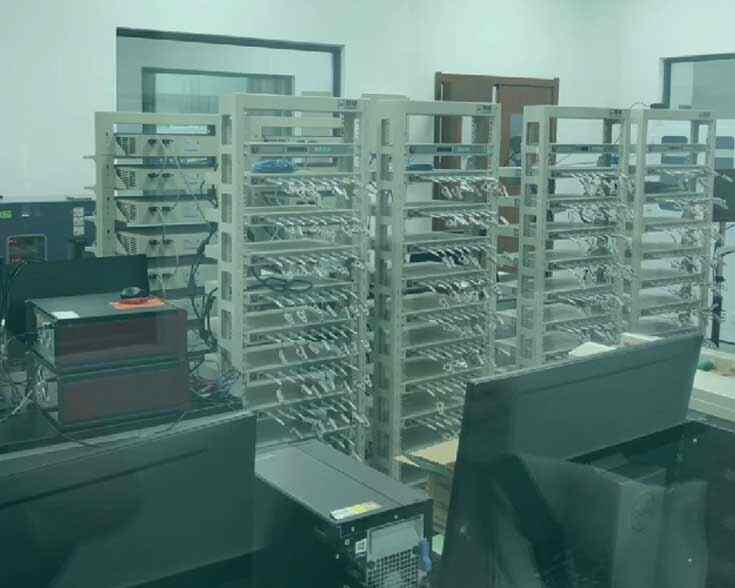
This artical comes from: Energy Storage News
Two trial projects have been announced where vanadium redox flow battery (VRFB) energy storage systems will support electric vehicle (EV) charging solutions, one in South Korea, the other in Australia.
VFlow Technologies (VFlowTech), a startup spun off from Nanyang Technical University’s CleanTech laboratory in Singapore, said last week that its PowerCube battery storage system technology will be installed at existing gas stations in South Korea.
150kW / 500kWh PowerCube systems would be installed to support intelligent DC fast-charging infrastructure, leveraging existing locations and infrastructure in place at gas stations. VFlow Tech suggested the VRFB systems could be put underground while the batteries would be charged from local renewable energy sources.
The company is carrying out the pilot project with Seoul National University of Science and Technology (SeoulTech) and Korean energy tech group CompanyWE Inc.
CompanyWE’s CEO Jae Woo said that there is a need globally for energy storage solutions “that can accommodate much larger capacities of renewable energy”.
“Vanadium flow batteries store their energy in tanks which means they have much larger capacity for energy storage and are also cost efficient as they can last for up to 25 years.”
Woo said that the pilot project could pave the way for a nationwide network of self-reliant “distributed hybrid gas and EV stations,” also pointing out that the flow batteries can operate at wider temperature ranges and mitigate risks of fire versus other solutions.
In urban areas the solutions could be hooked up to gas station infrastructure while in more rural areas EV charge stations could be co-located with renewable energy microgrids.
VFlowTech said the pilot in a real-world setting follows a successful test project in Singapore, where a solar-charged EV charging station has been enabled using the company’s flow batteries.
South Korea is planning to roll out 500,000 EV charging stations by 2025 to support more than a million EVs, Young Il Lee from SeoulTech pointed out.
“Our collaboration with VFlowTech to install green EV charging stations at gas stations ensures we are ready to meet future energy needs for a fully sustainable energy supply,” Lee said.
A similar, albeit smaller, project in Western Australia is already underway to assess the effectiveness of charging solutions with integrated VRFB technology to support EV uptake.
A solar-charged 5kW / 30kWh flow battery is used to create a standalone charging station that could be replicated anywhere in Australia, even — or perhaps especially — in remote locations.
It again uses VFlowTech’s PowerCube VRFB, which has been supplied to the trial project by VSUN Energy, a subsidiary of Australian Vanadium, a company which is developing vanadium primary production as well as vanadium processing and electrolyte manufacturing in Western Australia.
“Australia lags well behind the rest of the world when it comes to the uptake of electric cars. This trial is significant in that it removes one of the barriers to take-up of electric vehicles in Australia – the distance between and availability of charging stations,” Patrick Gorman, a Member of Parliament representing Perth, where the trial is located, said.
“Having a stable renewable energy charging system for electric vehicles will be a big boost for the Australia electric car market.”
Australian Vanadium has set up VSUN Energy as a means to promote flow batteries and stimulate market development. This includes forming collaborative relationships with VRFB manufacturers in other countries, like Spain-based E22, Austria-headquartered CellCube and VFlowTech. For the EV charging trial it partnered with EV charging hardware and software company Gemtek.
Earlier this month VSUN Energy said it sold a VFlowTech vanadium battery-based standalone power system (SPS) to a customer in rural Western Australia.
The SPS will enable the residential customer, who was faced with high costs to connect to the grid and unreliable power supplies, to get reliable power from a robust, non-degrading battery system, VSUN Energy said.
Energy-Storage.news has recently reported on smaller, distributed-level or industrial vanadium flow battery projects around the world, including a 6MWh agricultural project by CellCube for a fish farm in Austria and numerous microgrids.
While larger-scale projects have been slower to be announced, last week, the site reported that Central Coast Community Energy, a community energy supplier in California, is going ahead with three projects totalling 226MWh of VRFB capacity in its service area.







 live:657551456
live:657551456






















 Global - English
Global - English